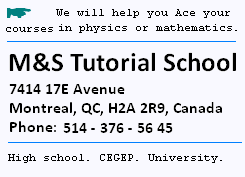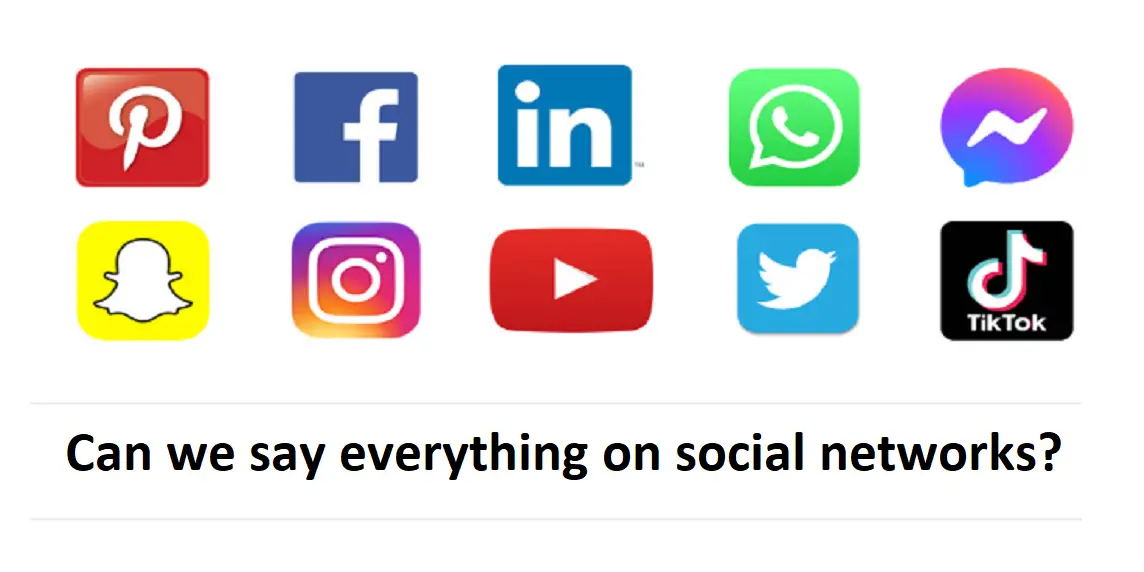Articles divers
© The scientific sentence. 2010

| |
|
Articles
Science and societies
Freedom of expression and the media
Freedom of speech
on social networks

In countries governed by the rule of law,
freedom of expression is fixed in charters of rights
and freedoms. These charters enact that freedom of thought,
belief, opinion and expression are protected as fundamental
constitutional guarantees.
The means of dissemination or communication, such as radio, television or the press also fall within the legal framework which guarantees freedom of expression, but not social networks. There is no law or case law that governs social networks. Platforms like Google, Facebook, Twitter or LinkedIn have immense power over what is said online.
Social networks, as such, are private spaces. They are therefore not affected by the prohibitions against freedom of expression. They are the ones who make the law in this area.
But can we say whatever we want on social media?
The answer is yes, with two specific exceptions which constitute offenses and which only concern natural persons:
1. It is illegal to invade a person's privacy and image rights. For example, attacking his honor or tarnishing his reputation, so when it is false or without any proof.
2. It is unlawful to incite racial, ethnic or religious hatred.
It includes condoning war crimes. For example, causing third parties to show hatred, violence or discrimination against certain people.
The two restrictions apply only to persons, that are individuals of the human species.
Writings, dogmas and religions fall within the domain of ideas, and are therefore subject to criticism.
To this rule are added fundamental and obvious ethical values, such as respect, integrity, politeness or tolerance.
Each of the media present on the web has set its own netiquette.
A netiquette is a text that indicates the rules of conduct applicable on its platform.
On Facebook, certain content may be reported and removed, including:
• Violence and threats,
• Suicide or self-harm,
• Bullying or harassment,
• Explicit content,
• Nudity,
• Identity and Privacy,
• Intellectual Property,
On YouTube, the following content is prohibited:
• Predatory behavior,
• Explicit violence,
• Malicious attacks, and
• Content that promotes dangerous or harmful
acts.
On Twitter:
• Impersonation of a person
or a brand,
• Unauthorized use of trademark,
• Private Information,
• Abusive behavior and violent threats,
• Child Sexual Exploitation, Pornography,
Spam and Abuse.
-- Abdurrazzak Ajaja
June 2022
|
|